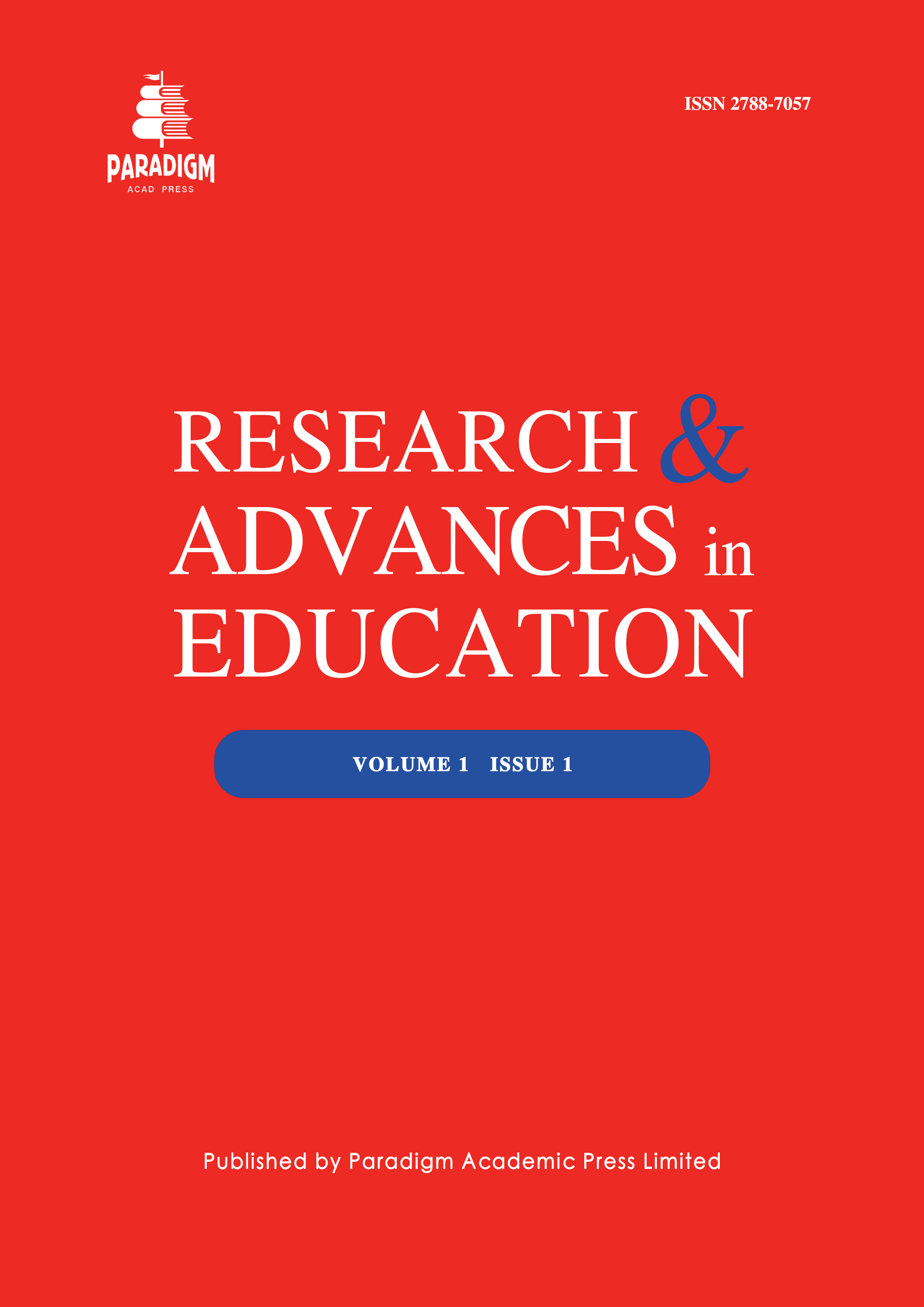Critically Discuss the Purposes of ECE Through the Analysis of International Pedagogical Perspectives
Keywords:
the purpose of ECE, Early Years Foundation Stage (EYFS), Reggio approachAbstract
Children are observed as potentially productive individuals whose ‘productivity’ is critical to the future and development of society (Ang, 2014). Therefore, society expects that children need to be prepared for future productivity. Heckman (2011) suggests that significant economic benefits can be gained from investing in early childhood development. Specifically, early education is an invaluable investment for governments and families. Based on this perspective, countries invest in early care and education (Kulic et al., 2019). Most countries have attempted to achieve multiple purposes in ECE (Cochran, 2011; Kulic et al., 2019). Some are child-focused purposes, such as preparation for compulsory education and the socialisation of migrant children. There are also parent-oriented purposes, such as emancipating women and encouraging them to enter the labour market and meeting the childcare needs of working parents (Bianchi & Milkie, 2010). This research attempts to use the Early Years Foundation Stage (EYFS) and the Reggio approach as examples to critically discuss one of the purposes of ECE from an international pedagogical perspective. The purpose is to prepare for primary school. This is a controversial sexual purpose. This purpose will lead schools, parents, and teachers to place an over-emphasis on developing children’s academic skills and neglect other children’s needs. Therefore, the risk of schoolization of early education needs to be prevented.


